Trauma Therapy
The physiological effects of a traumatic situation is disconnection from self; and the relational effects of trauma is disconnection from others.
This sense of disconnection begins as a way of survival, and can turn into a barrier to self and relationships later. Sometimes, it can be hard to hear your own inner voice in the midst of the world's noise and life's demands. Sometimes, life can leave us feeling numb and hopeless. Emotional, verbal, or physical abuse and neglect impacts our ability to feel safe with others and ourselves. We feel chronically unsafe, mistrustful, and anxious in relationships. This throws us into a cycle of desperately craving healthy connection, yet also fearful and ambivalent of connection and pulling away. For many survivors of abuse, the healing journey can start with a key understanding: how childhood trauma manifests in adult life and in interpersonal relationships. This understanding helps develop the self-awareness and compassion required in your healing journey.
You probably know that childhood trauma refers to any significantly distressing experience a person was exposed to as a child. What may be traumatic for you may not be for someone else because we all experience life in different ways. This could be generational trauma, religious trauma, or sexualtiy and gender related trauma. What really matters is how you perceived the situation and how you felt during and after. When the people you depend on for survival hurt you or aren’t present, it influences how you view human connection. A child needs to experience a responsive, warm, intimate, and continuous relationship with an adult in early life. This adult then becomes a secure base from which the child can explore the environment.
Early emotional bonds are critical in creating different kinds of attachment between a child and the primary caregiver. This attachment figure is usually a parent but can also be another primary caregiver. The resulting emotional attachment creates the foundation of an internal framework of emotional regulation that influences future intimate relationships. This foundation of emotional regulation and reaction is based on the expectations for the caregiver’s responsiveness. Their expectations develop into broader representations of themselves, their attachment caregiver, intimate relationship experiences, and decision rules about how to interact with others. This is called attachment theory and where attachment focused therapy stems from.
An essential part of developing into a healthy adult that is able to form and maintain healthy interpersonal relationships can be referred to as a secure attachment. Childhood trauma can rupture secure attachment. As a result, a child will handle emotional stress, such as separation anxiety, hostility, and avoidance, with fear in later relationships. Traumatic religious experiences may harm or threaten to harm someone's physical, emotional, mental, sexual, or spiritual health and safety.
Although a person’s attachment style is fluid and can change over time, the lasting psychological connectedness can continue to adulthood, influencing the adult attachment style and long-term relationships.
How exactly does this affect your relationships? When you’re a survivor of childhood trauma you may still continuously scan the environment for danger, even if you’re with a safe partner. You might experience resistance or reluctance to be open and vulnerable with others out of fear that the other person will hurt or betray you. You may often misinterpret things that your partner says or does, construing it as a personal attack. You may hear and take offense to what hasn’t been said and defend yourself even when there is no cause. You might simply leave, either physically or emotionally. When you’re triggered, your nervous system perceives your partner as just another source of potential danger, rather than a source of comfort or support.
For some, religion and faith have become a source of pain causing emotional, mental, physical, and/or psychological damage. One of the most obvious and painful parts of religious trauma can be the restrictive, shaming, and judgmental views of sex and purity. Sexuality is a personal and unavoidable part of the human experience, those that are repressed tend to feel traumatized by their identities. When shame attaches to you, to your idea of yourself, or to your body, then you feel isolated. This isolation can increase feelings of wrongness and difficulty accessing any sort of pleasure. In therapy we discuss, validate, and normalize any feelings of otherness or doubt.
Childhood trauma may also affect relationships in the way you communicate. If you grew up in a home with frequent yelling matches, you may reenact these exchanges with your partner. You may believe this is how you address conflict in a relationship – or you may do the exact opposite of what you experienced growing up. Communication styles are something you learned and developed over time. The good news is you can also unlearn them and learn how to communicate in different ways.
Some communication styles that may be related to how others communicated with you (or others) early in your life include:
Passive: indirect, self-denying, or apologetic
Passive-aggressive: emotionally dishonest and self-enhancing at the expense of others
Aggressive: inappropriate for many situations, blaming, controlling, direct, and attacking
Is it possible to heal from childhood trauma? Thankfully, yes. Counseling can be a place to discover parts of yourself that have been neglected out of protection, fear, and survival. Healing begins when you begin to learn how dependent you are on your childhood “blueprints” and negative self-talk. To heal, you must tell your story, let go of clinging to it, and connect the dots. Question your automatic assumptions and recognize how your brain is keeping you stuck in a “Groundhog Day” of perpetual torment and diminished expectations in your relationships. We can't do everything, on our own, all the time.
You deserve to feel empowered and on a positive path to growth and well-being.
What you can expect with me:
Together we will go beyond symptom management and work toward understanding the root of what you are experiencing. We will unearth long-standing behavior patterns or negative perceptions that may be holding you back from experiencing a more fulfilling and joyful life. My goal is to empower you to see your own greatness and abilities, while asking questions to help you explore yourself more deeply. With most forms of trauma therapy talking about it, feeling heard, and unpacking what happened is enough. Sometimes though, too much happened all at once and your nervous system held onto it. This wasn’t your fault. It was what needed to happen so that you could survive. For these instances we use a combination of cognitive processing and bilateral stimulation techniques to help your nervous system move through what was simply too overwhelming in the moment. This can be in a less formal format, such as talk therapy mixed with somatic experiencing, or through a formal modality such as EMDR (Eye Movement Desensitization & Reprocessing). Together, we will work to resolve past trauma to enhance your present-day experiences and relationships.
Common Themes in Trauma Therapy:
Religious Trauma
Relationship Trauma
Generational Trauma
PTSD (CPTSD)
Childhood Trauma
Sexuality or gender related trauma
This is a practice that is intentional about providing and maintaining a safe and culturally competent space for BIPOC individuals; we are LGBTQIA+ allied, and trans affirming.


